Everyone has story elements that annoy them unreasonably. For me, it's often small factual things that undermine core themes of a book - the ones that make me think, "wait, well if she can do X, then Y can't be true."
So I spent a lot of time while reading Eric Drooker's 2024 graphic novel Naked City trying to square one very minor circle in my head, and failing. You see, the main character is Isabel, a young wannabe singer-songwriter who moves to New York to chase her art. Her mother was Mexican, and was deported when she was young; her father an American who has recently died. One thread of the book is Isabel's worry that she's undocumented - the book never makes it quite clear, but she apparently doesn't have any paperwork of any kind.
Leave aside the fact that she went to school, where the usual functionaries would have demanded and received all kinds of proof of her existence and residence and medical history and whatnot. But Drooker has Isabel take a quick European tour right in the middle of the worry about her potentially-undocumented status. And I kept asking myself: does Drooker think, or want his audience to think, that anyone can fly off to another continent, and work there for an extended period of time, without a passport? That plot element - which is totally extraneous, by the way; Drooker could have made it a West Coast thing with no change to the narrative at all - proves that she must have documentation, or it couldn't have happened.
This is not important to the book at all. It didn't need to be that way. But it's the kind of element that makes me question every strength of the book, every moody blue panel and every allusive line of dialogue, wondering if they're as randomly rickety in their own ways.
Naked City is somewhat fabulistic, which could be the answer to that question - and the one of why Isabel never even tried to look for that lost mother, or know her mother's name. Fables are focused on telling their specific story, in a particular story-teller way, and details only come up as they support that work.
So Isabel goes to New York, looking to make music and share it with people. She gets a lousy McJob (literally) and busks on the corner, but needs to also do something more remunerative. So she answers an ad to work as an artist's model, for an unnamed painter who is another of our main characters - the fable here is about making art, and he's the other side of that equation.
Normally, in a fable, there would be a strong distinction between the two - one is lazy but successful, the other driven but a failure, that kind of thing. Drooker, though, isn't constructing this explicitly as a fable with a specific moral: both of our central artists are positive, and both become notably successful in their art as the book goes on...though both have to deal with one Business Person, the gatekeeper to success, who isn't as positive and artsy as they are. (Isabel's Business Person, as is typical for the music industry, is vastly worse: predatory and demanding and actively molding her into something she doesn't want to be.)
There are two other main characters. First is Alex, a flighty dancer who "dates" Isabel for a while and dips in and out of the narrative, mostly there (I think) to be the avatar of a certain type of young hedonic artist, living for sensation and totally in the moment. Turning up later in the book is another unnamed man, older, maimed, a former window-washer and probably currently homeless - he's the unexpectedly philosophical voice of experience, stoic and accepting. He's not an artist of any kind, but he used to be a craftsman of a sort, taking pride in doing his work well, and now is almost a nihilist, insisting that life is only about the pursuit of money but (maybe paradoxically) refusing to actually do that himself.
Naked City is the kind of book where characters suddenly launch into detailed explanations of their own motivations and desires; it's about Art and Life and features people who think in those capital-letter terms at great length. Isabel mostly pours it out in her songs, which makes her the most naturalistic character - and that's good, because she's central and gets the most page-time. The Painter engages in the most obvious why-art conversations, with just about every other character; I don't know if Drooker specifically thought of him as an author stand-in, but he tends in that direction. Alex, and the band of similar folks that follow along with him for a few scenes - because it's no fun being a hedonist alone - are more shallow, entirely about the moment and sensation above all.
It's a fairly long book, over three hundred pages, but mostly leisurely - Isabel and The Painter rise in their respective creative worlds, in their different ways, and then things change, for both of them, and they make other artistic choices. It ends better for one of them than the other: I don't know if Drooker had a moral in mind, but if he did, it doesn't entirely become clear. To be fair, Drooker's comics have typically been more imagistic, and he ends this book in his old silent mode, with a forty-page wordless sequence largely framed by snow.
I tend to think Naked City gets too specific too much for its own good - the talky bits are more specific, and less successful, than the pure-image sections. Isabel's past and parents are a distraction: Drooker wants to show she launched from a specific place, but where she launched from isn't central to this story. The Painter is more iconic, because we know less about him: he's there, he's been painting for years. We know what he wants and cares about and loves: what's important.
But this is the kind of book that will be most loved and clutched to heart by other wanna-be artists, who will see themselves in all of the arguments about art and commerce, selling out and rising up, who will passionately agree with specific speeches - I wouldn't be surprised to see some panels or lines from Naked City turned into tattoos before too long; it's that kind of book. If you're in that bucket, you should take a look at it: it is deep and capacious, and will give you language to talk about things you care about and examples to frame your thinking.





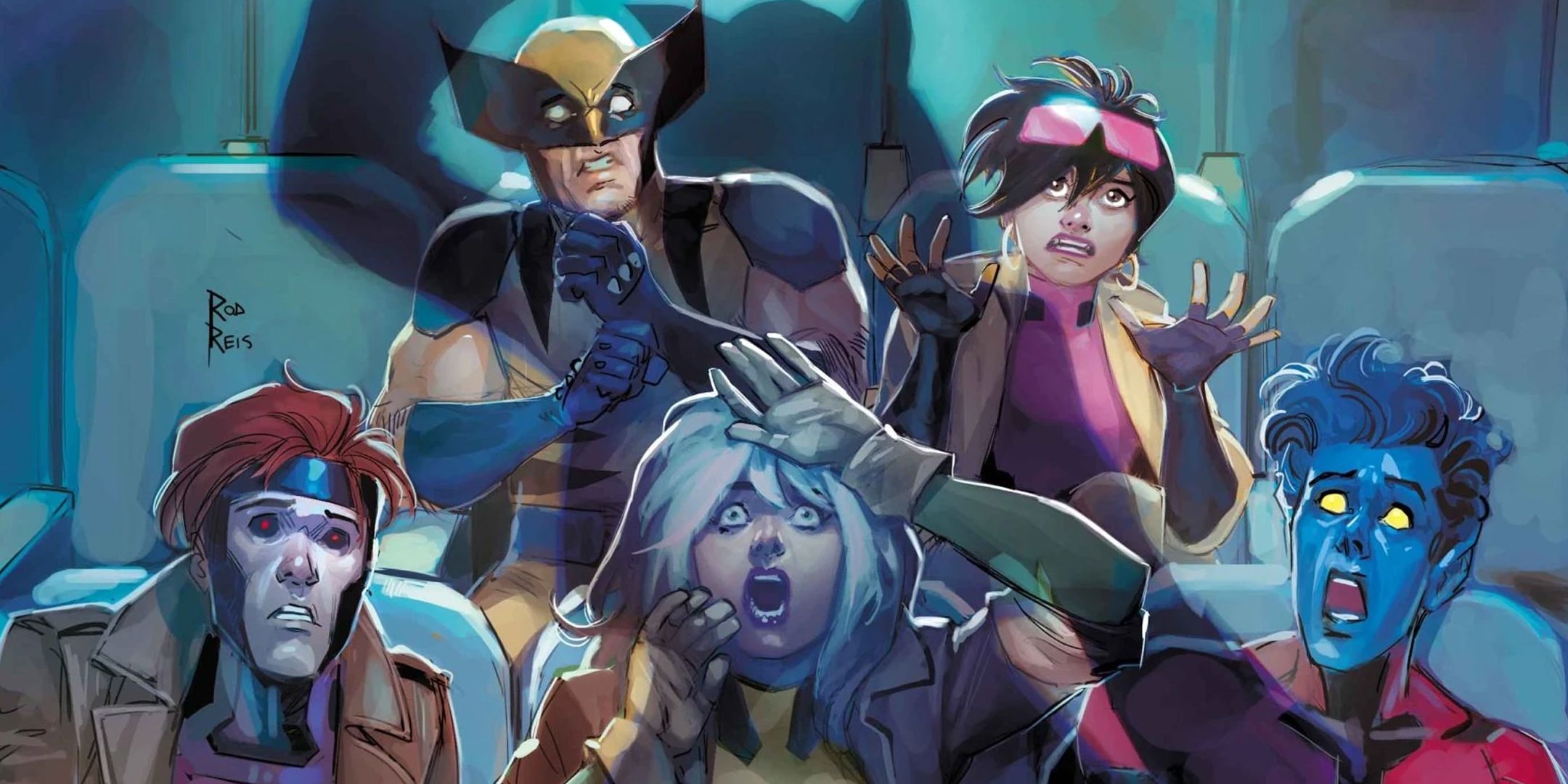
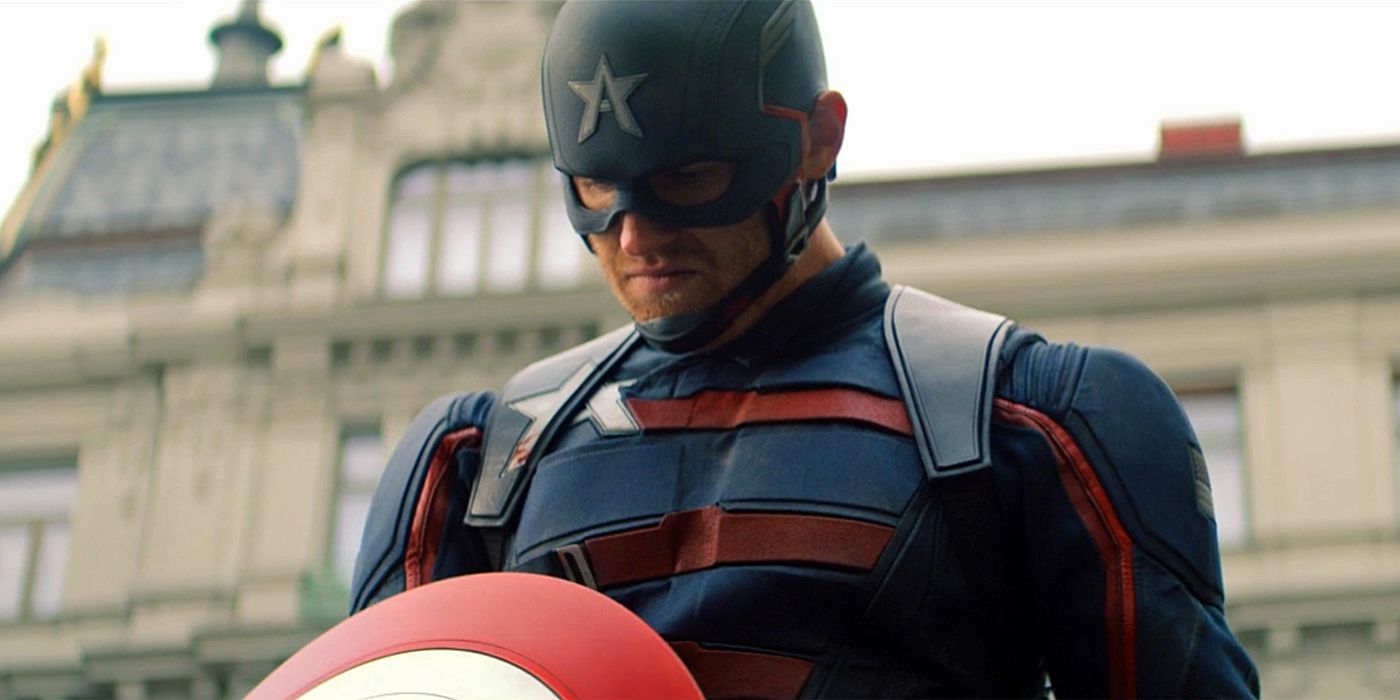
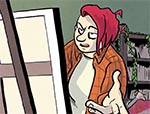

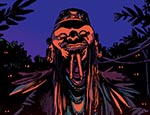
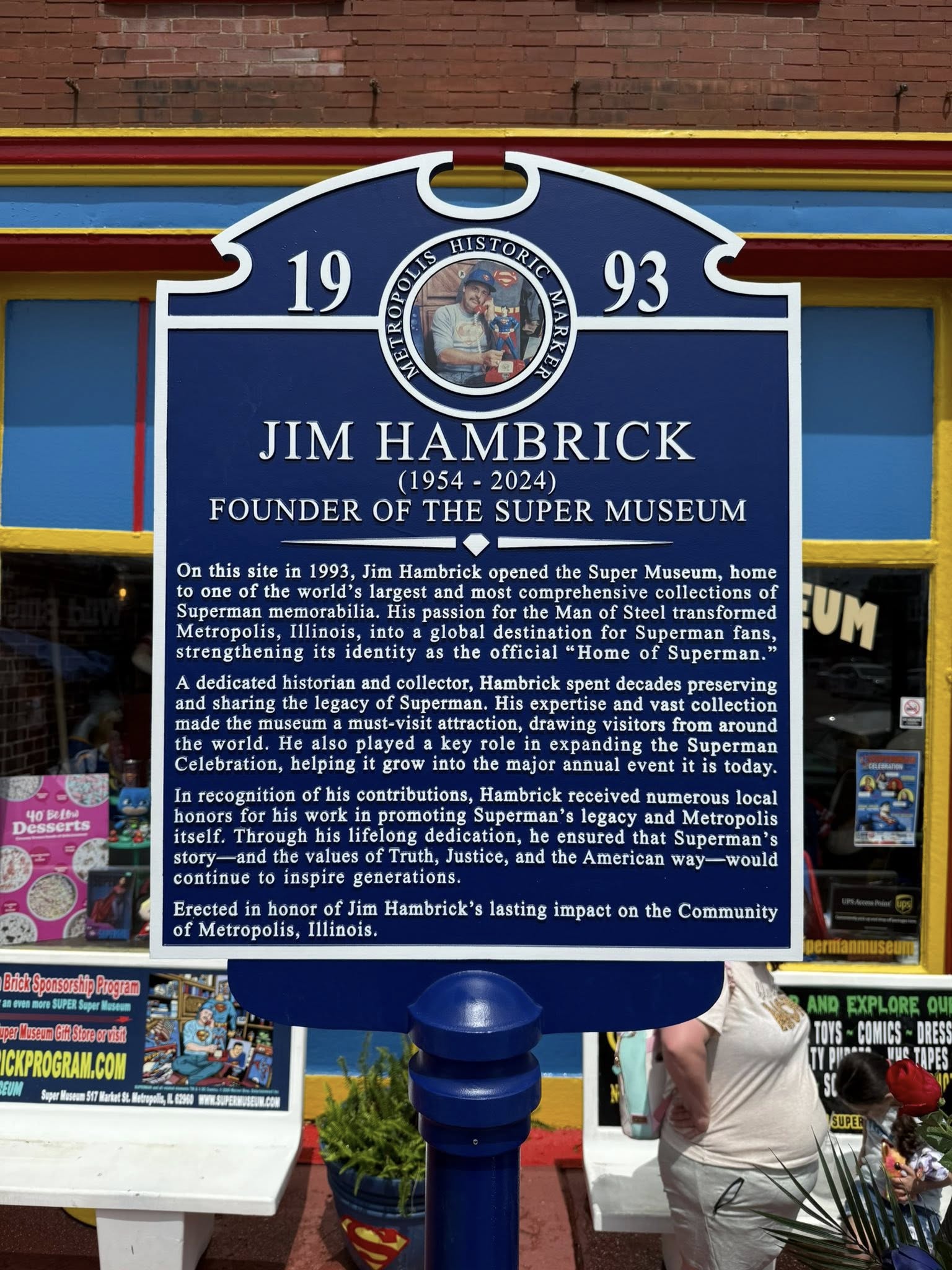


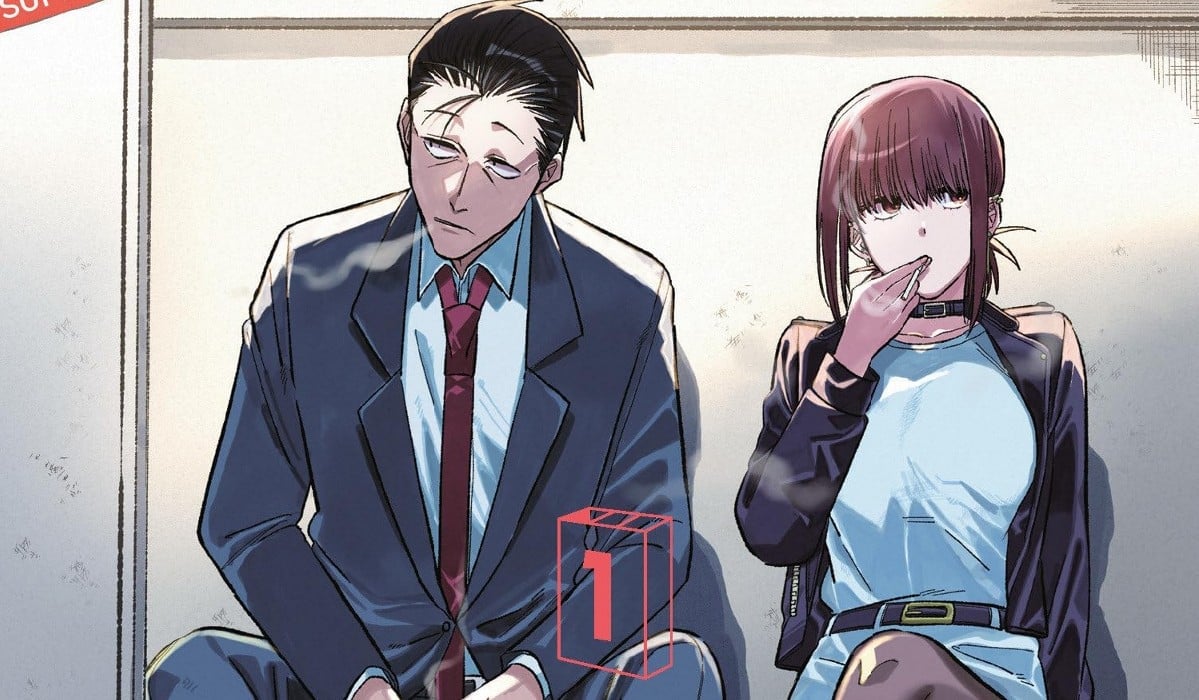


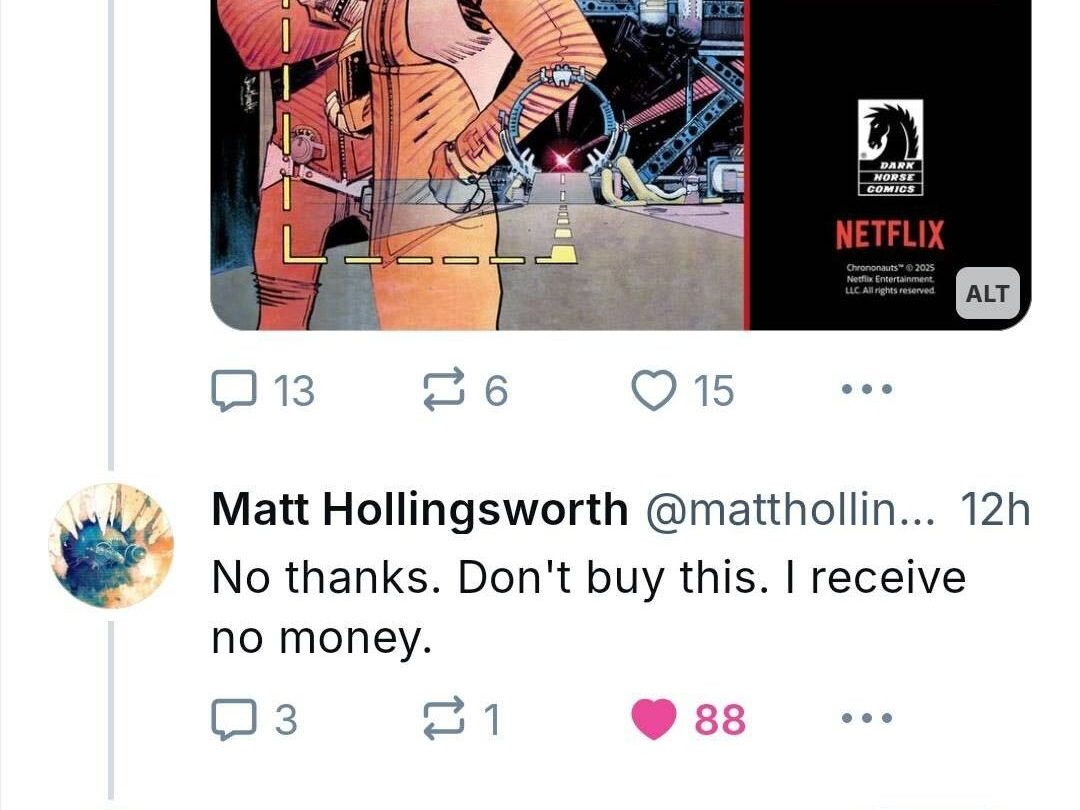


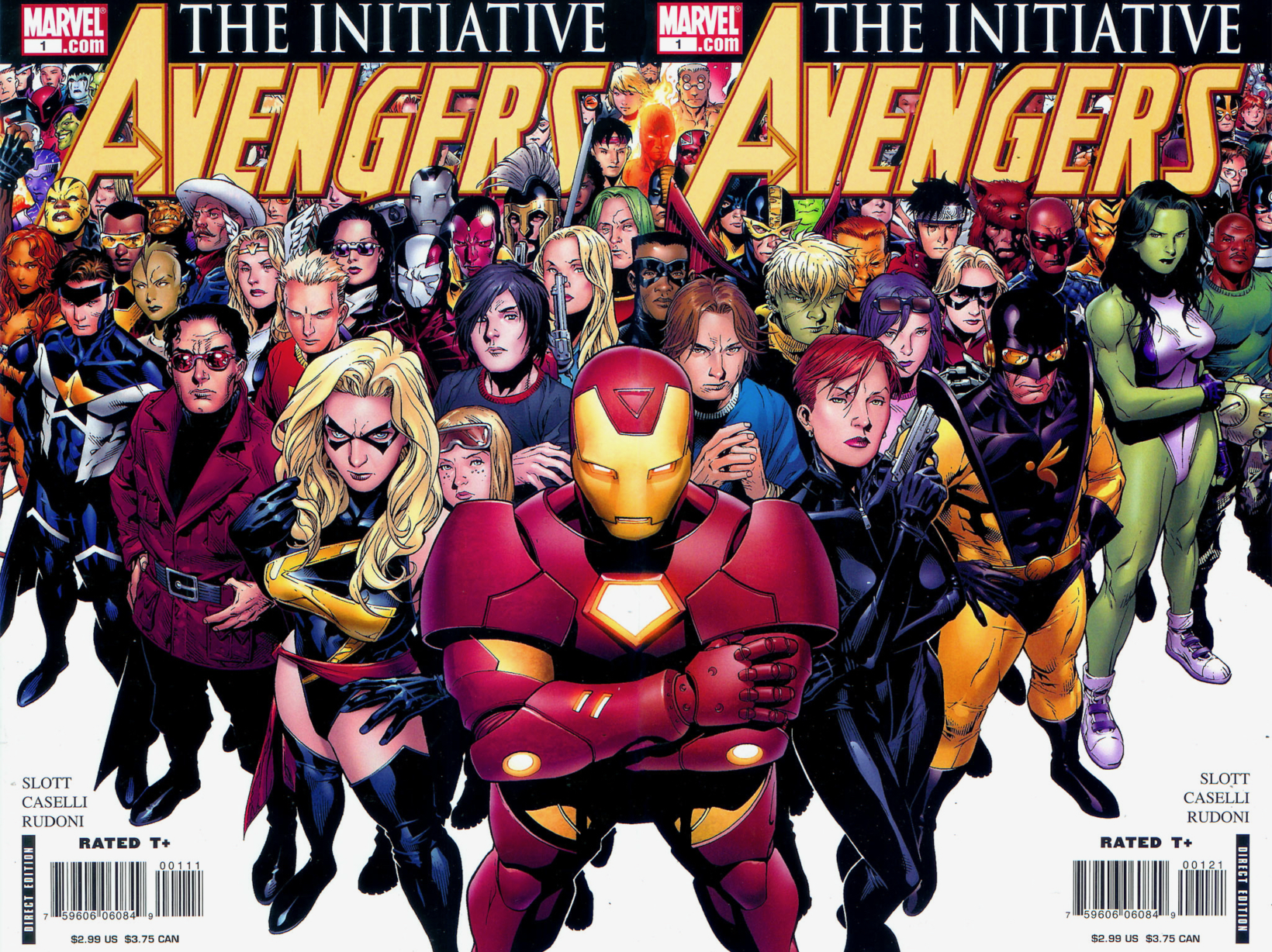
 English (US) ·
English (US) ·